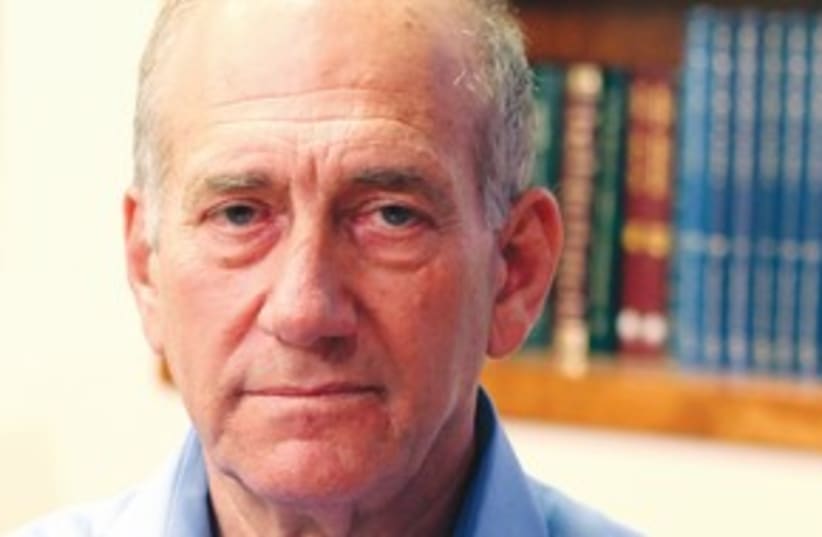RELATED:Olmert among officials to be indicted in Holyland affairAccording to the bill, “The attorney-general will order an investigation into the opening of a criminal investigation into the affairs of the prime minister, if there are grounds to suspect him of committing a crime, or in case the attorney- general determines that in light of the nature of the offenses the investigation cannot be postponed.”In all other instances, the investigation will only commence once the prime minister leaves office.If passed in the Knesset, the law would only go into effect after the next election.The bill’s explanatory notes state that the current status, in which there is no limit on investigating a prime minister, makes the premier “a captive in the hands of the investigatory authorities, forcing him to divide his precious time between running the country and managing his defense to prove his innocence.”The text goes on to explain that there is fear that the prime minister will make existential decisions in a rushed manner due to his or her preoccupation with the many investigations that rob them of their time attention and energy.Tirosh said that part of the reason for the law was to prevent a situation whereby complaints are lodged against a serving prime minister, for political or ideological reasons, to pressure him to resign. “In the past, some investigations into alleged wrongdoings of prime ministers ended in a murmur,” Tirosh added.Two former prime minister who were members of Kadima, Ariel Sharon and Ehud Olmert, were investigated on corruption charges while they were prime minister. There was a criminal probe into campaign- financing operations of Ehud Barak’s One Israel bloc when he was prime minister. Current Prime Minister Binyamin Netanyahu was investigated on corruption charges during his previous stint as prime minister.The bill earned the support of all the committee members, including Justice Minister Yaakov Neeman, and it was determined that the bill would go through the legislative process in close coordination with his ministry.The bill will be brought to its first reading in the Knesset on Wednesday, unless one of the ministers appeals Sunday's vote. It is possible that either Bennie Begin or Michael Eitan, both from the Likud, will appeal the committee’s vote by Sunday. Since the bill proposes to modify a Basic Law, it may require a 61 MK absolute majority to pass in the plenum.
Gil Hoffman contributed to this report.
